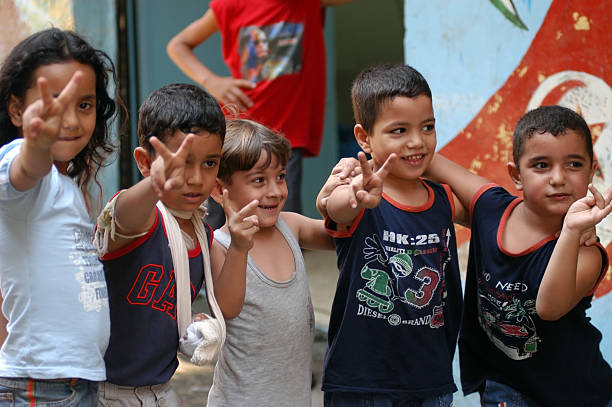The UN Interim Force in Lebanon (UNIFIL) was established in 1978 in response to a surge in violence on the border between Israel and Lebanon. At the time, this Security Council resolution called for an immediate ceasefire and established UNIFIL to confirm the withdrawal of Israeli forces, restore peace and security, and assist the Lebanese government in restoring authority in the border area. But the peace was short-lived, with UNIFIL stepping in to provide protection and humanitarian assistance to the local population. The Israel-Hezbollah War in 2006 further necessitated the expansion of UNIFIL, to conduct military observations in addition to their peacekeeping duties.
Lebanon | UNIFIL
How UNIFIL Supports U.S. Interests
Regional tensions have long played out along the demarcation line between Lebanon and Israel, and Lebanon and the Golan Heights (known as the “Blue Line”). UNIFIL reduces the risk of cross-border conflict through border patrols, mediation and hosting the so-called tripartite mechanism, the only forum that accommodates all parties in the same room to discuss alleged ceasefire and border violations.


